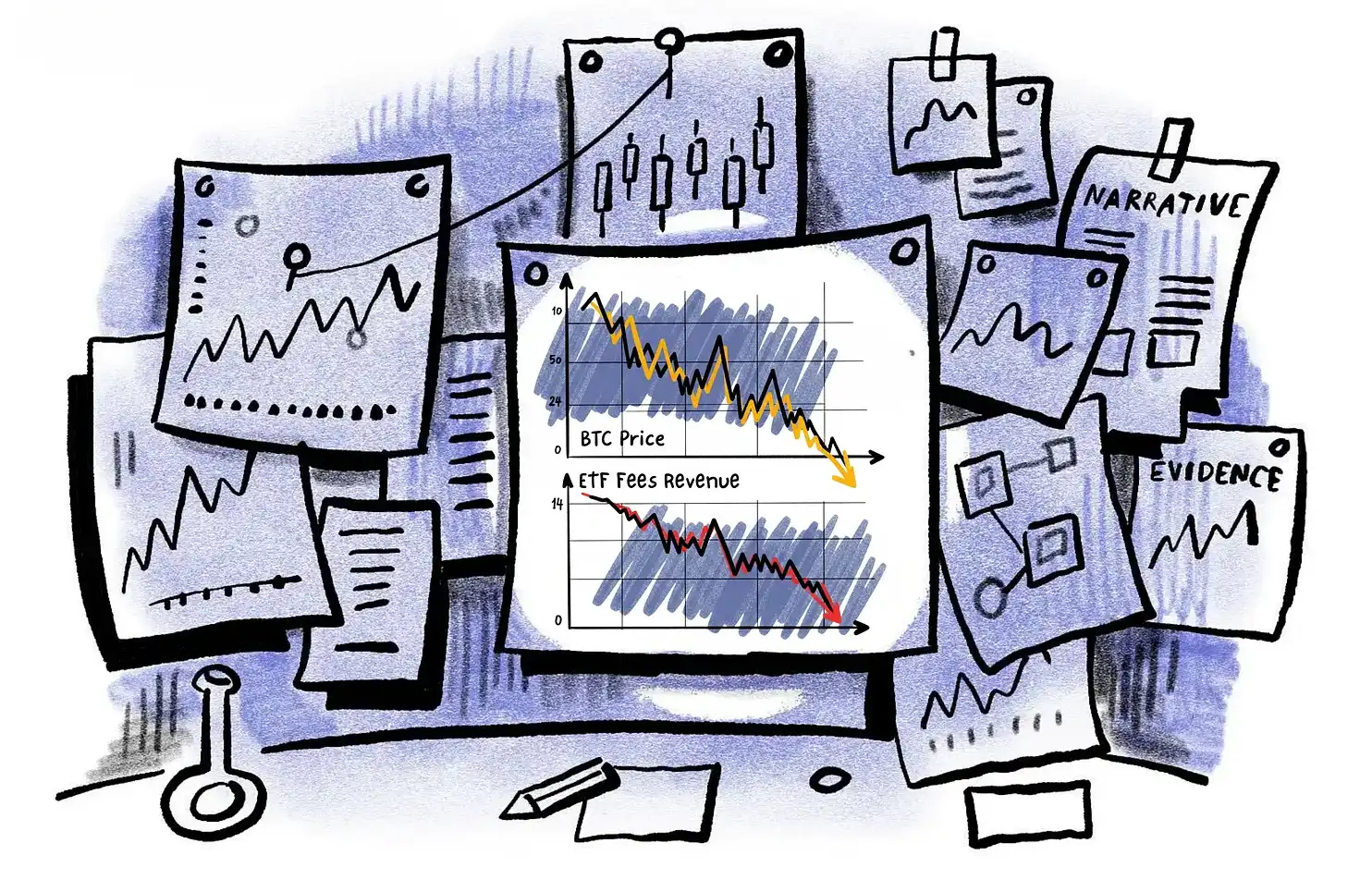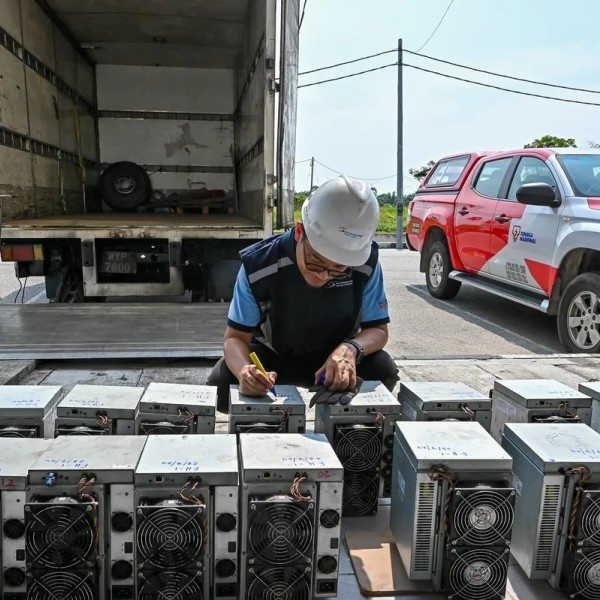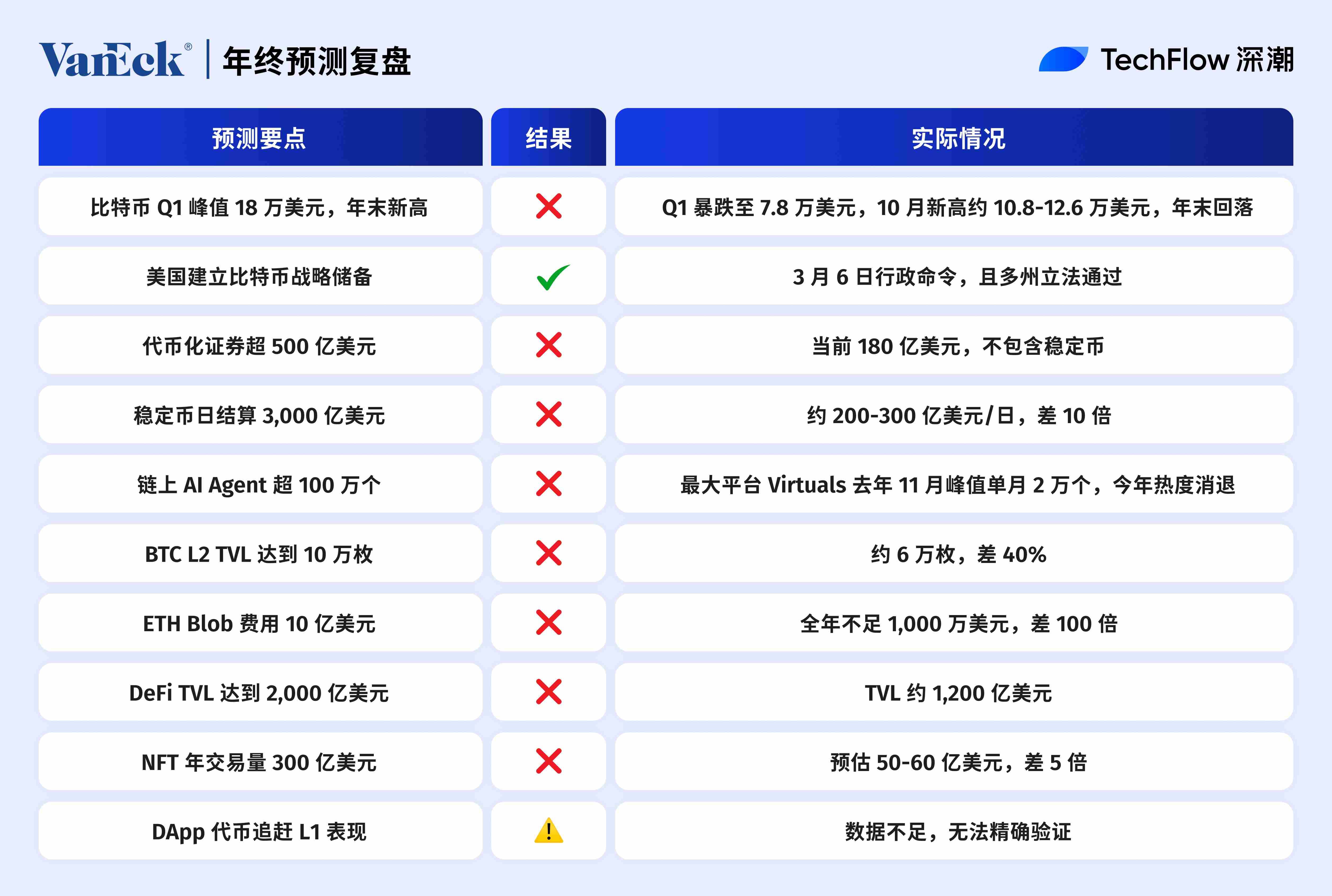The world of cryptocurrency investment is buzzing, and much of the recent excitement has centered around the potential for exchange-traded funds (ETFs). While Bitcoin and Ethereum ETFs have captured headlines, attention is increasingly turning to whether other cryptocurrencies, often referred to as altcoins, will follow suit. However, recent developments indicate a cautious approach from regulators, particularly concerning potential altcoin investment products. A significant piece of news shaking the altcoin market is the recent action taken by the U.S. Securities and Exchange Commission (SEC) regarding several high-profile applications for an SEC Crypto ETF based on specific digital assets like Dogecoin, Hedera, and Avalanche.
What Does This Crypto ETF Delay Really Mean?
For those tracking the regulatory landscape, the term ‘delay’ from the SEC is far from uncommon, especially when dealing with novel financial products like cryptocurrency ETFs. In this specific instance, the SEC has officially postponed its decision-making timeline for three notable applications:
- Bitwise’s proposed spot DOGE ETF (Dogecoin)
- Grayscale’s proposed Hedera Trust, which would effectively function similarly to an HBAR ETF (Hedera)
- VanEck’s proposed spot AVAX ETF (Avalanche)
A delay typically signifies that the commission requires more time to thoroughly review the proposed rule changes that would allow these investment products to be listed on public exchanges. It’s part of a standard process where the SEC evaluates the application against existing securities laws, focusing on investor protection and market integrity. The SEC often uses these extended periods to gather further information and, importantly, to solicit public feedback.
The commission explicitly stated it is “encouraging interested persons to provide comments on the proposed rule change.” This public comment period is a crucial step. It allows market participants, experts, and the general public to voice their opinions, concerns, or support regarding the proposed ETF, providing the SEC with a broader perspective before making a final decision. This is a key part of the regulatory process that contributes to the Crypto ETF delay timeline.
Why Are DOGE ETF, HBAR ETF, and AVAX ETF Applications Under Scrutiny?
The SEC’s approach to cryptocurrency ETFs has evolved significantly. While spot Bitcoin ETFs were eventually approved after a lengthy process, the path for other cryptocurrencies appears to be more complex. Here’s why applications for a DOGE ETF, HBAR ETF, and AVAX ETF face particular scrutiny:
1. Altcoin Classification and Market Structure: Unlike Bitcoin, which the SEC chair has publicly stated is a commodity, the regulatory status of many altcoins remains ambiguous. The SEC views many altcoins as potentially unregistered securities. Creating an ETF for an asset considered a security adds layers of regulatory complexity not present with commodity-based ETFs.
2. Market Size and Maturity: While DOGE, HBAR, and AVAX are significant cryptocurrencies, their markets are generally smaller and potentially less mature or liquid than Bitcoin’s. Regulators worry about the potential for market manipulation in smaller markets, which could harm ETF investors.
3. Custody and Valuation Challenges: Ensuring secure custody of these specific assets and establishing reliable, manipulation-resistant methods for valuing them daily are key concerns for the SEC when considering any SEC Crypto ETF.
4. Novelty: Spot ETFs for these specific altcoins represent a new frontier. The SEC proceeds cautiously when setting precedents for new asset classes within the traditional financial system.
The Broader Context: SEC Scrutiny on Altcoin ETFs
These recent delays are not isolated incidents but rather fit into a pattern of the SEC’s careful, often slow, review of cryptocurrency investment products beyond Bitcoin. The news about the DOGE ETF, HBAR ETF, and AVAX ETF delays follows similar actions and requests from the regulator concerning other altcoin-related filings.
For example, the SEC previously requested that issuers seeking to launch a Solana (SOL) ETF amend their securities registration statements (S-1). This request signaled that the SEC views Solana, and potentially other similar altcoins, as securities, requiring a different regulatory pathway than commodity-based products like Bitcoin ETFs. This indicates a consistent line of inquiry from the SEC regarding the underlying nature of the digital assets themselves when considering a potential SEC Crypto ETF.
The regulatory environment for altcoin ETFs is clearly more challenging than it was for Bitcoin. While Ether (ETH) ETFs have received initial approval for listing (19b-4 forms), their S-1 registration statements still need to become effective before trading can begin, demonstrating that even for the second-largest crypto, the path is not entirely smooth.
Potential Impacts and What’s Next for These Altcoin ETFs?
The Crypto ETF delay for DOGE, HBAR, and AVAX has several potential implications:
Challenges:
- Increased Uncertainty: The delays add to the uncertainty surrounding the future of altcoin ETFs, which can weigh on market sentiment for the affected cryptocurrencies.
- Prolonged Waiting Period: Investors hoping for easier access to these assets through traditional brokerage accounts will have to wait longer.
- Potential Price Volatility: News of delays can sometimes lead to short-term price dips as speculative interest wanes, although long-term price action depends on many factors.
Potential Benefits (if eventually approved):
- Enhanced Legitimacy: An SEC-approved ETF would lend significant credibility to DOGE, HBAR, and AVAX as investable assets.
- Increased Liquidity and Accessibility: ETFs can attract substantial capital from traditional finance, increasing liquidity and making the assets easily accessible to a broader range of investors.
- Potential for Long-Term Growth: Increased institutional and retail access could drive demand and potentially support long-term price appreciation, though this is speculative.
What’s Next?
The SEC will continue its review process. They will analyze the applications, consider public comments, and potentially engage further with the issuers. The next steps involve further deadlines for decisions, which could include additional delays, disapproval, or eventually, approval. The timeline remains uncertain and depends heavily on the SEC’s ongoing assessment and the evolving regulatory clarity around altcoins.
What Should Investors Know About These Potential Altcoin ETFs?
For investors interested in DOGE, HBAR, AVAX, or the broader crypto market, the key takeaway from this Crypto ETF delay is the ongoing cautious approach by regulators. Here are some actionable insights:
- Stay Informed: Follow official announcements from the SEC and the ETF issuers. Be wary of rumors or speculative claims.
- Understand the Assets: Research Dogecoin, Hedera, and Avalanche individually. Understand their technology, use cases, and market dynamics beyond just the prospect of an ETF.
- ETFs are Just One Avenue: Remember that ETFs are simply one way to gain exposure. Direct ownership of cryptocurrencies on exchanges or through other regulated products might also be options, each with its own risks and benefits.
- Assess Your Risk Tolerance: Cryptocurrency markets are inherently volatile. The prospect of an ETF does not eliminate these risks. Only invest what you can afford to lose.
- Diversification: Don’t over-allocate based solely on ETF speculation. Maintain a diversified investment strategy aligned with your financial goals.
The journey for altcoin ETFs is proving to be complex and drawn-out, reflecting the regulatory challenges posed by the diverse and evolving nature of digital assets. While the delays for the DOGE ETF, HBAR ETF, and AVAX ETF applications might be disappointing for some, they are a standard part of the SEC’s rigorous process designed to protect investors. The future remains uncertain, but the fact that these applications are under review at all signals the growing interest in bringing a wider range of digital assets into traditional investment structures. Market participants will be watching closely for the SEC’s next moves, hoping for clarity and potential pathways forward for altcoin investment products.
To learn more about the latest crypto regulation trends, explore our article on key developments shaping the altcoin market.
Disclaimer: The information provided is not trading advice, Bitcoinworld.co.in holds no liability for any investments made based on the information provided on this page. We strongly recommend independent research and/or consultation with a qualified professional before making any investment decisions.




